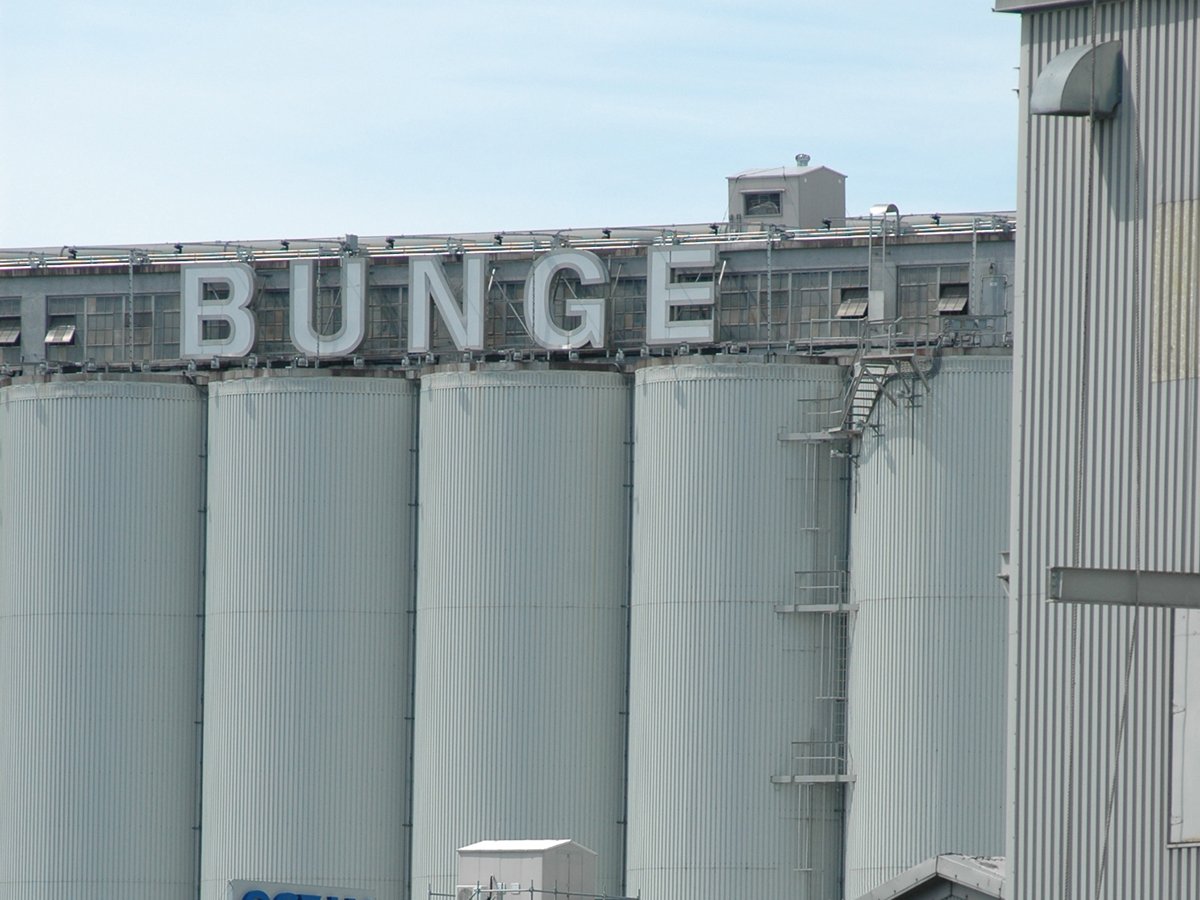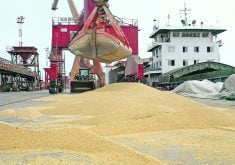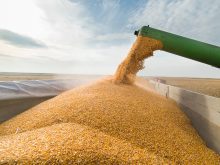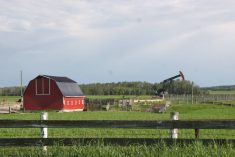Peter Mah’s job is to talk to the public about Manitoba’s pork industry. One of the perceptions he has to fight is that the hog industry isn’t governed by strict environmental regulations.
“We’ve gone through substantial growth as an industry, but so have the regulations,” said Mah, who worked the Manitoba Pork Council booth during the Living With Livestock conference in Winnipeg Oct. 5-7.
“There are over 26 statutory acts and regulations that apply to livestock,” he said.
“There is a requirement for manure management plans for any farm with over 300 animal units. The government has just updated the environment act and the water protection act is going through the legislature. We have a very regulated industry.”
Read Also

Bunge’s crop mix is changing
Bunge has predominantly been a soybean processing firm, but that’s about to change after the merger with Viterra with softseed processing and grain merchandising gaining ground.
However, that wasn’t the message the conference heard from Hans Schreier, a water quality expert from British Columbia.
In his keynote address, Schreier said meat production is a major contributor to water quality problems around the world and it’s going to get worse.
He portrayed a world in which more people in developing countries begin to eat meat, which worsens water quality problems.
He said meat production uses 10 to 20 times as much water as crop production, and suggested governments impose a “meat tax” to collect money to mitigate the environmental problems meat production causes.
After his speech, he told reporters that large-scale farms, such as intensive operations in Manitoba and Saskatchewan, are inherently bad because they are big.
“We should go in a totally different direction,” he said.
“We shouldn’t allow 100,000 animals in a feedlot because it’s almost impossible to manage the manure. I think we need to rethink these kinds of operations because they’ve become industrial operations. They are no longer farms as far as I’m concerned. If you have 100,000 pigs in one unit, that should be an industry and should be regulated like an industry.”
His comments raised eyebrows with some of the hog producers at the conference. The Manitoba government has passed a number of laws and regulations about manure in recent years, including a ban on winter manure spreading and a requirement that all medium-sized and large farms develop manure management plans.
As well, the new water protection act, which has not yet passed, will give the provincial government greater powers to regulate water quality issues, including farm runoff.
The presentation also drew the ire of animal science researcher Karin Wittenberg, who accused Schreier of misinterpreting data, being ignorant of modern agricultural practices and misunderstanding the vital role of animals in the nutrient cycling system on which healthy soil depends.
“The way he presented his data will cause a great deal of confusion to the policy makers, it’ll cause a great deal of confusion to the interested environmentalists and it will create chaos in management of agriculture and food,” Wittenberg said in an interview.
“We’re better off not getting that type of help.”
She said it is wrong to connect agricultural productivity to increased pollution because productivity gains have allowed industries such as dairy to produce more milk with fewer animals and less waste.
As well, equating big operations with environmental danger and small operations with environmental safety misses a crucial point.
“Large isn’t necessarily a bad thing, but there are bad large operations,” Wittenberg said.
“And small isn’t necessarily a good thing, but there are good small operations. It all depends on the management.”
Mah said he hoped people at the conference didn’t leave with the idea that the hog industry is an unregulated source of water pollution.
“It’s unfair to say that in Manitoba manure is not regulated. It is.”















